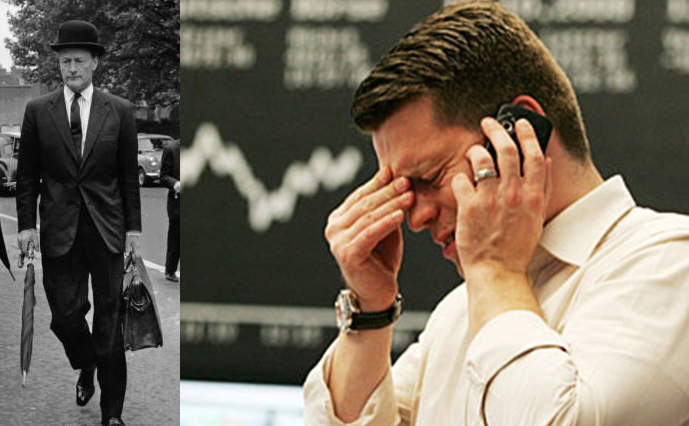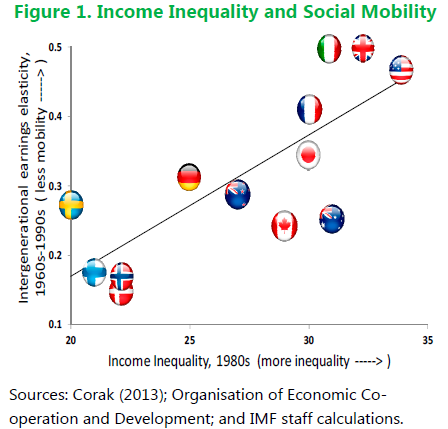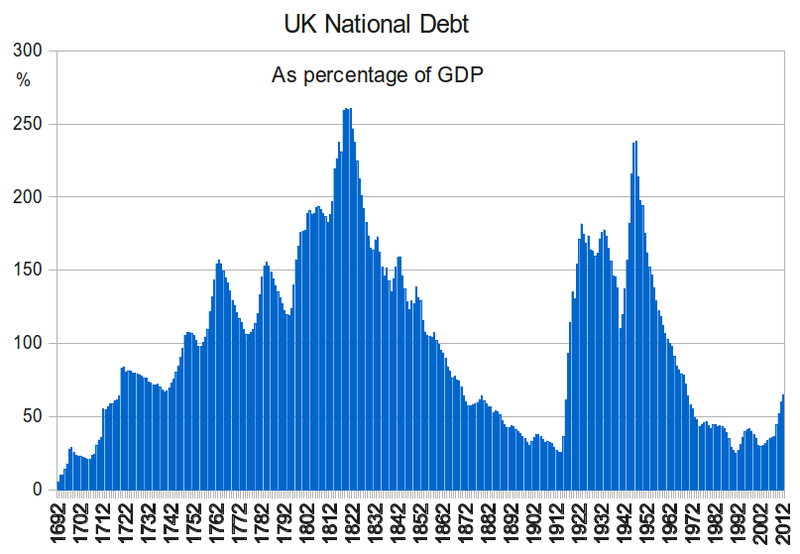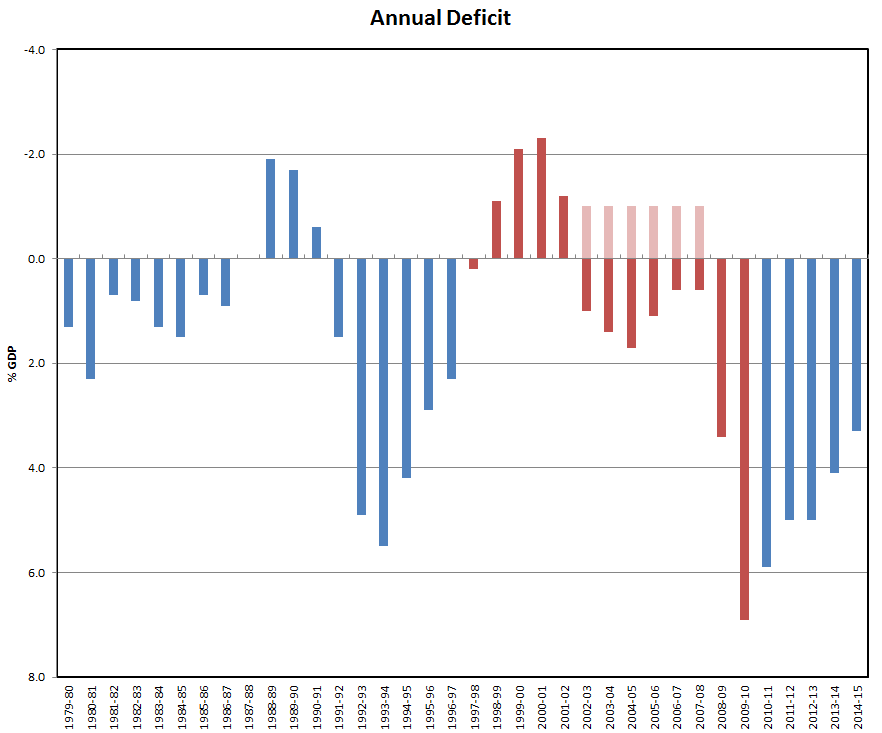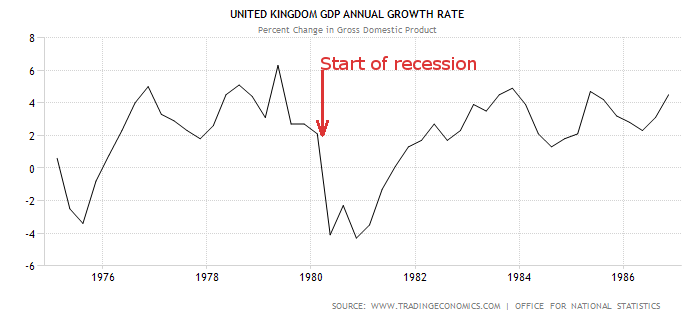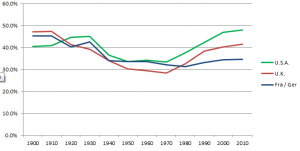One of the fairly recent retailing innovations is the introduction of the self-service checkout. Like many such innovations, it has the effect of being both efficient and dehumanizing at the same time. The speed benefits to customers and the cost benefits to retailers are both obvious, so I will dwell no further on these. So, why dehumanizing?
The first and most obvious answer is that it reduces an opportunity for two human beings to connect with each other, albeit in the rather banal circumstances of buying a few groceries. But my main complaint is about the irritating recorded announcements with which shoppers are bombarded. The source of my irritation is the mock-cheerful, sing-song tone which is always adopted, quite unlike the cadences of normal speech. A Monty Python sketch about TV announcers summed it up: “Now, remember your BBC announcer training: deep breath, and try not to think about what you’re saying”. (Commercial radio advertising is an extreme example of this genre, inhabited by people from a parallel universe whose lives are so crushingly boring that they get breathlessly excited by some mundane product or service.)
I would much prefer to listen to a machine which sounded more like Basil Fawlty, which nagged you in increasingly insulting terms if you were too slow or made a mistake.
But even the more naturalistic tones of a Basil Fawlty talking machine would pall after a while. What’s really needed is a mute button, to enable experienced users – which are most of us – to switch off the voice. (I recognize, of course, the value of announcements for inexperienced users, or people with various forms of disability such as visual impairment.)
But, in recognition of the frustration caused by the constant repetition of the same phrases in the same tone, the supermarket which will get my custom would be one where the mute button looks like this:
 Goodbye, and thank you for browsing at Human Eyes!
Goodbye, and thank you for browsing at Human Eyes!
